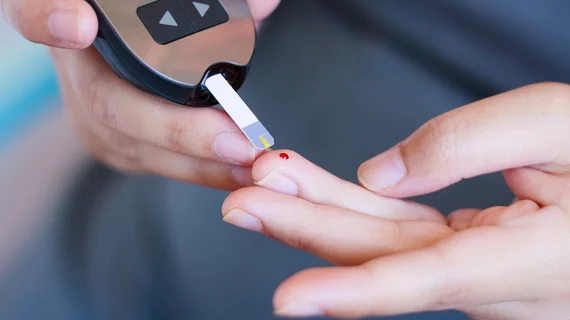Why turning 26 ups the risk for people with diabetes
For people with diabetes, turning 26 is a cliff that can turn deadly. That’s because, at that age, young adults are kicked off their parents’ insurance plans and must find their own coverage and continue taking life-saving medication they simply cannot afford.
The story of young people facing huge financial strains upon turning 26 and facing sky-high price tags for their health insurance and diabetes medication comes from BuzzFeed News, which outlined how some are turning to the black market to secure the drugs they need.
The story comes at a time when insulin—which treats diabetes—prices have skyrocketed over the last several years. The price increases have led to Congressional investigations, extreme pressures on those needing the medication, and even trips to Canada by Americans in search of cheaper options.
About 1.25 million Americans have diabetes Type 1 and are dependent on types of insulin to live. The high prices have also led some patients to ration their medicine, to the detriment of their health. The Affordable Care Act allowed young people to remain on their parents’ insurance until the age of 26, but it also created a hard deadline for those with diabetes that many come to dread.
“Because being kicked off your parents’ insurance is considered a “qualifying life event,” young adults are given a 60-day special enrollment period after their birthday to sign up for new insurance,” the article reads. “But some young adults with Type 1 diabetes find it difficult to afford their medicine even with government-sponsored insurance.”
See the full story below:

